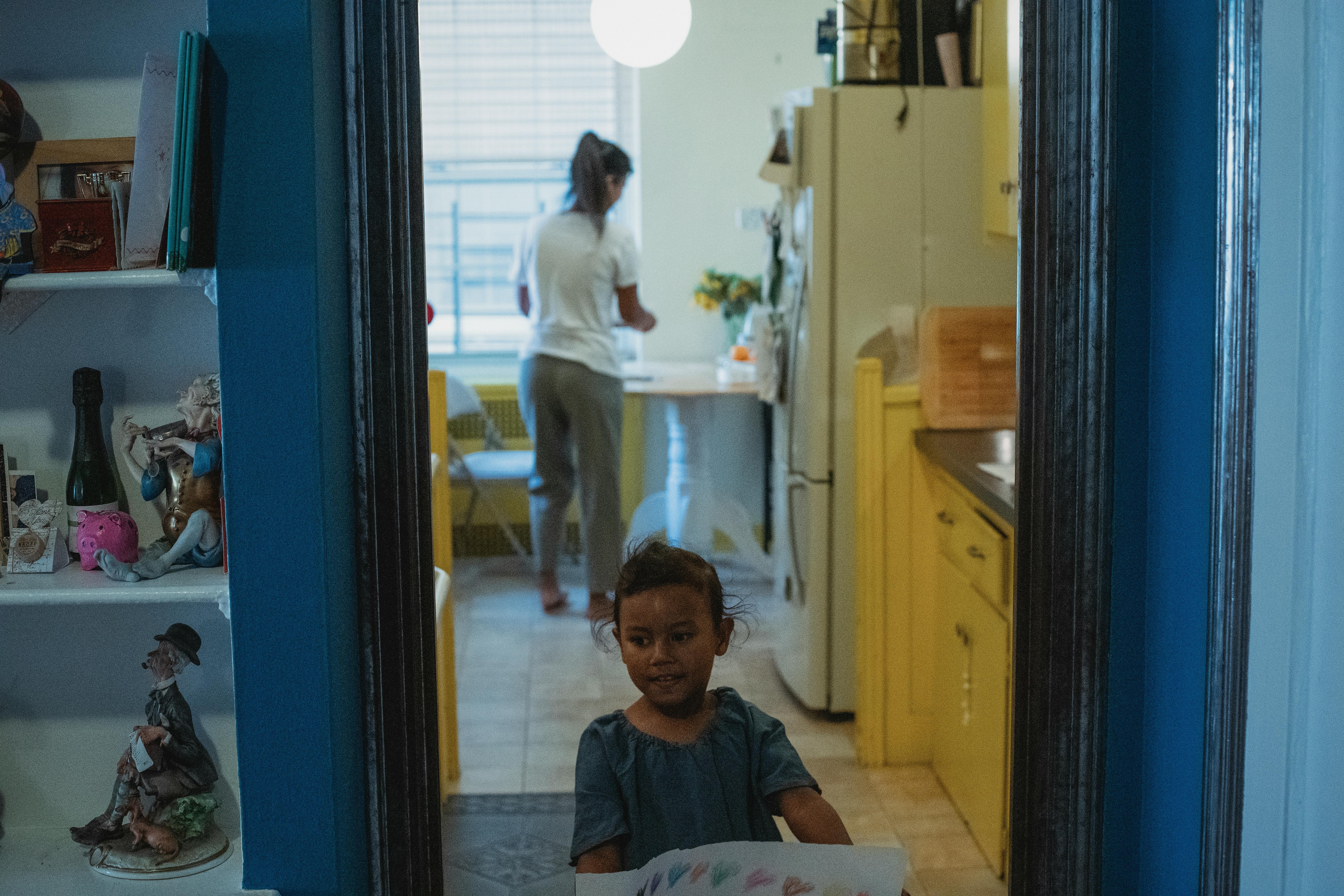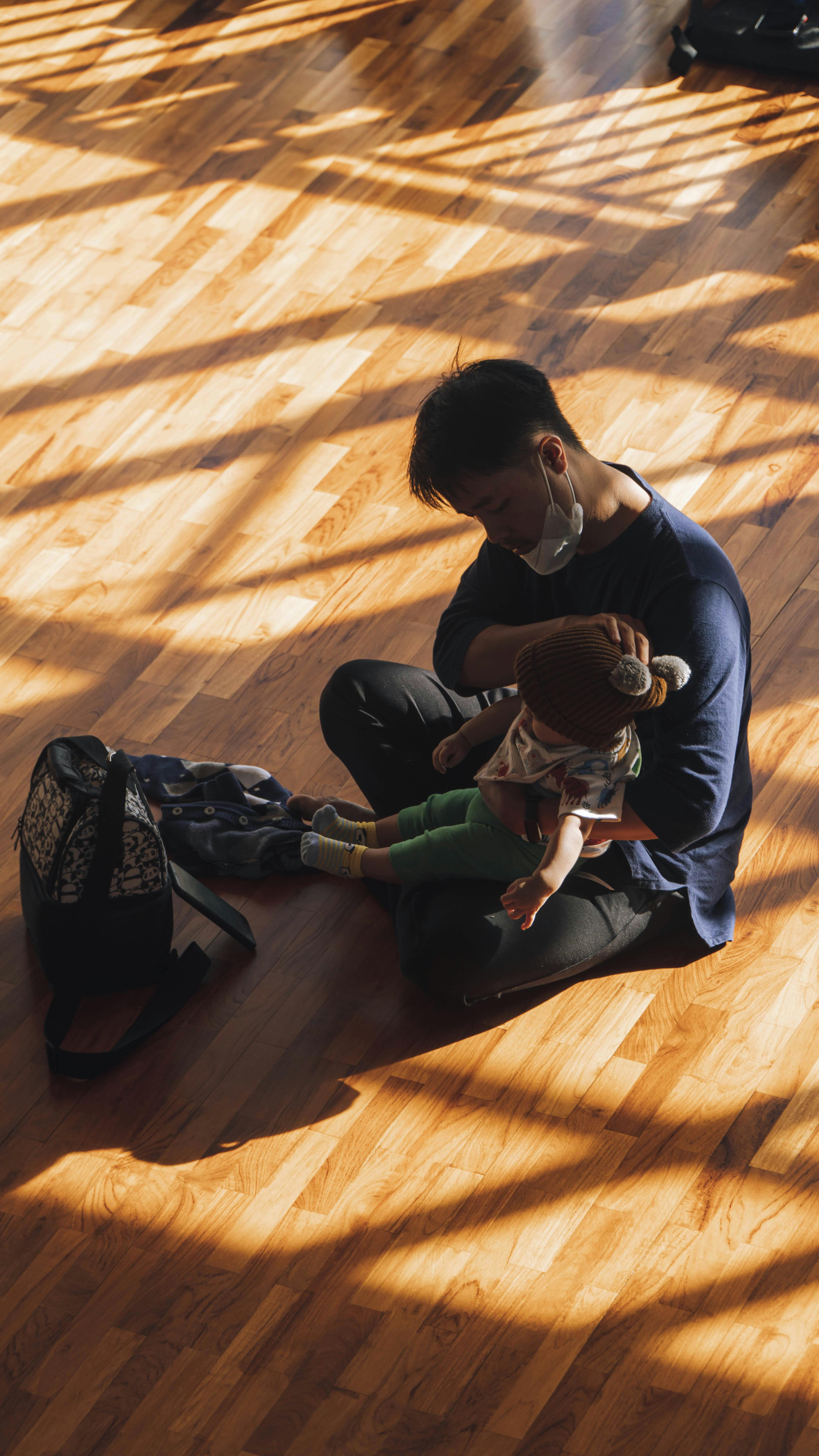Table of Contents
Establishing a Safe Environment
One of the most important aspects of babysitting is creating a safe environment for the children in your care. This includes ensuring that the home is childproofed and free of any hazards that could potentially harm the children. Be sure to carefully inspect the home for any dangerous objects or substances, such as sharp objects, choking hazards, or toxic chemicals. It’s also important to ensure that all windows and doors are locked and secure to prevent unauthorized access to the home. Additionally, be sure to familiarize yourself with the layout of the home and know where all emergency exits are located.
On-Demand Childcare in Your Neighborhood
Book a Sitter
Emergency Preparedness
In the event of an emergency, it’s crucial for babysitters to be prepared and know how to respond quickly and effectively. Before the parents leave, make sure you have all necessary contact information, including emergency phone numbers for the parents, local emergency services, and Poison Control. It’s also a good idea to have a fully stocked first aid kit on hand that includes bandages, gauze, antiseptic wipes, and other essential supplies. Be familiar with the procedures for handling common emergencies such as cuts, burns, choking, or allergic reactions. Stay calm and composed in an emergency situation, and make sure to notify the parents as soon as possible.
Basic First Aid Knowledge
Having a basic understanding of first aid is essential for any babysitter. It’s important to know how to properly clean and bandage a wound, treat minor burns, and perform CPR in the event of a medical emergency. Consider taking a first aid and CPR certification course to ensure that you are prepared to handle any situation that may arise. Knowing how to recognize the signs of common childhood illnesses such as fever, flu, or allergic reactions is also important for providing appropriate care to the children in your care. Always err on the side of caution and seek medical attention if you are unsure about how to address a particular medical issue.
Setting Boundaries and Rules
Establishing clear boundaries and rules with the children is crucial for maintaining a safe and orderly environment. Make sure to discuss any specific rules or guidelines set by the parents, such as bedtime routines, mealtime expectations, or limits on technology use. It’s also important to set boundaries for your own safety, such as not giving out personal information or allowing strangers into the home. Communicate openly and honestly with the children about what is expected of them, and be prepared to enforce consequences if rules are not followed.

Remember to be firm but fair, and always treat the children with respect and kindness.
Communication with Parents
Effective communication with the parents is key to ensuring a successful babysitting experience. Before the parents leave, make sure to discuss important details such as emergency contact information, bedtime routines, mealtime preferences, and any specific instructions for caring for the children. Keep the parents informed of any significant events or issues that arise during your time babysitting, and be sure to follow any guidelines or restrictions they have set. If you have any concerns or questions, don’t hesitate to reach out to the parents for guidance and support. Building a strong and trusting relationship with the parents will make for a more positive and successful babysitting experience for everyone involved.
Conclusion
Babysitting can be a fun and rewarding job, but it also carries a great deal of responsibility. By following these top 10 safety tips, you can ensure that the children in your care are well-protected and cared for at all times. Remember to establish a safe environment, be prepared for emergencies, have a basic knowledge of first aid, set clear boundaries and rules, and communicate effectively with the parents. With the right preparation and mindset, you can be a confident and competent babysitter who provides the best possible care for the children in your charge.










